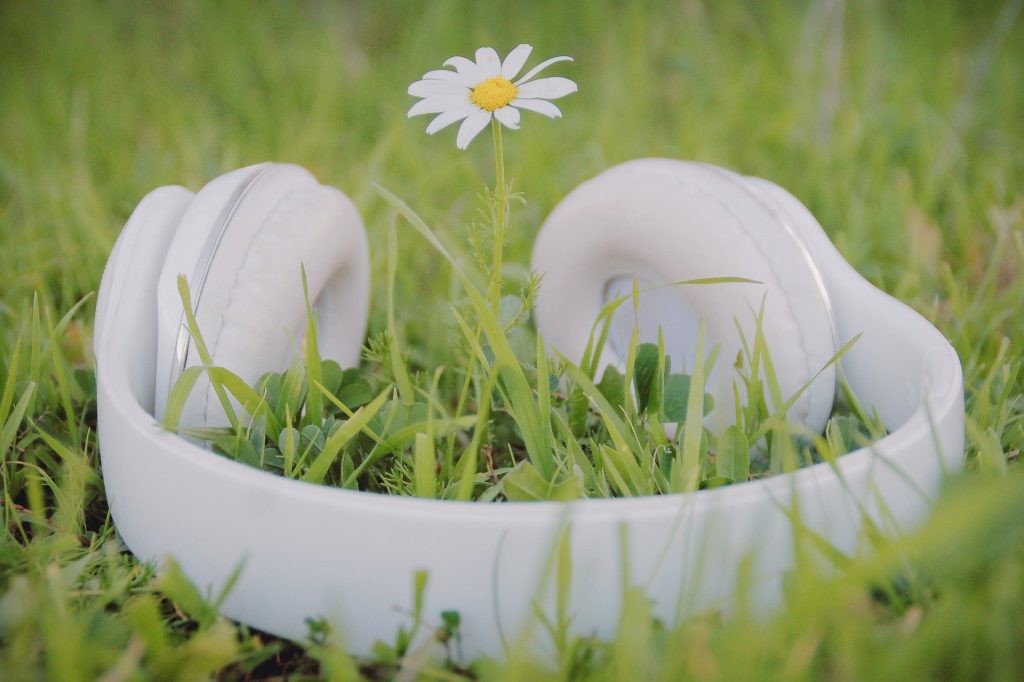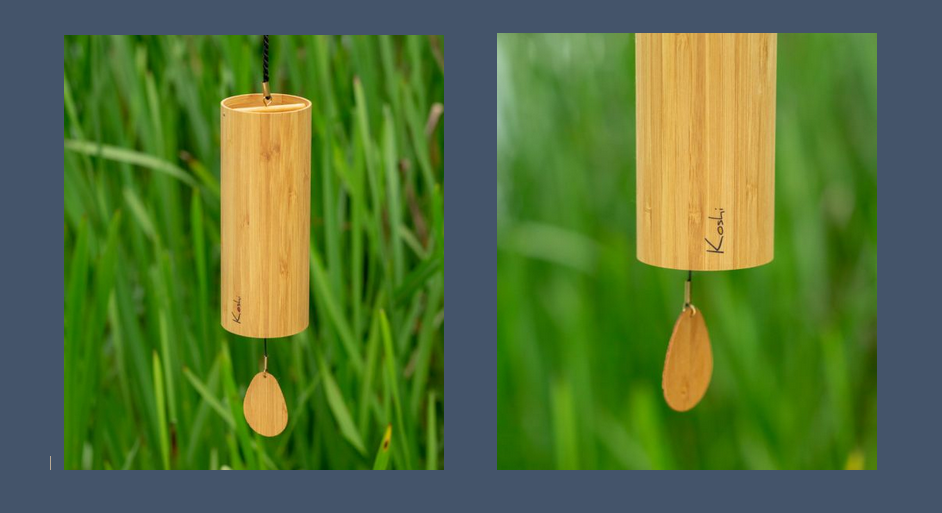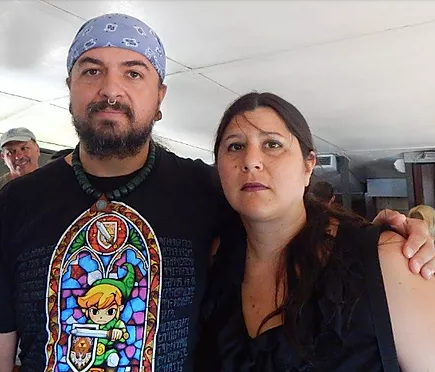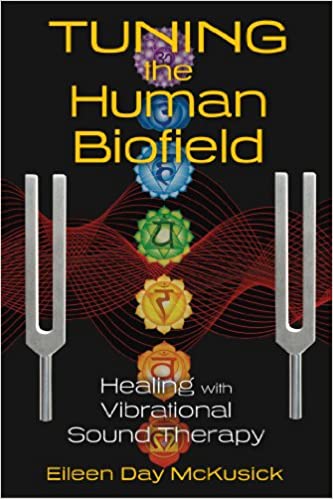Get Free Guides To Ascension & Global Consciousness

What does sound and nature to do with each other? A lot actually. What is sound to you and how can you use it for healing? What resonates? What doesn’t resonate and why?
Sound can show up in so many forms and ways including the sound of birds chirping in the morning and the sound of a brook running past our bedroom window. Since our body is all energy –– and it stretches so much further than most of us realize — we can use various forms of sound to reach us energetically through the various frequencies and tones that most resonate with us.

We are big believers of using sound as a way to heal and in fact, use crystal bowls, particular hz sound tracks during meditations, Tibetan bowls, Shamanic drums, Djembe drums, gongs, shakers and a host of other tools to bring meaning, purpose and healing into groups and when we work one-on-one. We also use these tools ourselves for when you heal yourself, you heal others and the contrary is true as well.
Let’s take a look at three additional ways sound can enhance your practice, whether you’re a practitioner or someone who simply wishes to bring more healing and serenity into your every day life.
During a sound healing course I took in the SF Bay Area, I had the opportunity to experience Gaia Koshi Chimes for the first time. They are so mesmerizing that I had to learn more.
We were so excited to receive a complete set of all four Koshi chimes to review and since they arrived, we use them all the time, even if when we are simply sitting on the deck enjoying a cuppa tea.

The Koshi chimes are handmade in a workshop at the foot of the Pyrenean mountains in France. Each chime is the result of meticulous craftsmanship where eight chords are welded with silver into the metal plate at the base of the bamboo resonance tube.
Precise tuning creates a play of clear tones that is rich in overtones, of which the shorter chords successively dominate and become fundamentals, forming a circular tone range. You can move your Koshi chime gently by holding it by its cord or suspend it and it will play with the wind carrying you away in an unexpected melody.

Each Koshi produces it’s own sound influenced by the four elements with it’s own timbre. For example, each corresponds to specific Koshi notes and an element.
Aside from the unique elements that are woven into each individual chime, they are made of bamboo and simply beautiful to look at, hold and hear.

We absolutely love these chimes and use them frequently, including during our online courses and occasionally during a one-on-one session. We also use them ourselves when we simply want to relax — they’re mesmerizing to listen to and you’ll find that you won’t want to put them down.
For more information including how to order, visit their website.
Truth be told, Anthony and I have always wanted to play with indigenous flutes. Over the years, I’ve heard them being played but never had the opportunity to try one myself. Neither one of us are up to the task of taking flute lessons however with some of the simpler ones, there’s no need to since there are online tutorials and videos that can help you learn the basics.

We came across a unique site and manufacturer of flutes with the coolest name ever: Blue Bear Flutes. Behind the vision and the flute designs and craftmanship is Charlie Mato-Toyela who has been handcrafting flutes for over 30 years.
He and his team offer authentic and affordable Native American Flutes and they specialize in Native American Flutes for beginners, intermediate level as well as for advanced players.
Originally, Charlie got involved with flutes through his grandfather as well as a cousin who helped me learn more about them. In addition to a host of ways he weaves flutes into his life, he also entertains others while enjoying a “oneness” with nature.
We were offered the opportunity to review a couple of his flutes and couldn’t be more thrilled to participate. Wow, right? I had no idea at the time how much fun it was going to be.
Since we don’t know how to play the flute, obviously it made sense to go for an option better suited for beginners. The smaller, simpler flute of the two that he sent us is one of what Charlie refers to as a “simple traditions flute.” It is a new type that they started making which is a wooden flute made in the similar fashion to their original Rivercane Flutes.
Says Charlie about the new style they now offer:
“The flutes are made out of poplar wood which is a sustainably harvested hardwood. I like this flute type for its simple design and open mouth piece which has a great deal of benefit for the flute player. It is not required to put your mouth around the flute but only place the flute against your lips to blow through it. This type of mouthpiece gives the flute player more control over the air being used and helps to prevent wetting out which is a common problem of Native American flutes.”
The simple traditions flute is one that could be played along with other music, in various ceremonies, for meditation and so much more.
The larger of the two flutes that he sent us is what is called the 5th drone. They apparently nickname them “Mayan or Aztec Temple drones“ because ancient cultures of Central America made drone flutes that were harmonious types similar to this one.
Many of the original drone flutes from Mexico were apparently shaped like snakes and other animals. On a side note, they travel to Mexico often and have friends there who still make flutes like those today.
Charlie explains what makes a 5th drone flute a 5th drone flute. It apparently has to do with the two sides of the flute which are made based on the circle of fifths which is a mathematical system of determining chords and progressions.
I asked him for what purpose he mostly uses drone flutes and he says that he typically uses the 5th drone as a fun type of harmony-instrument. Charlie notes: “Because it is made from a flute in the key of E as well as a flute in the key of high B, it can be played with either of those 2 flutes as well. It also sounds most excellent by itself.”
Most of the flutes they have made are of Western Cedar but recently, he has begun to offer the 5th drone in poplar.
They offer many flute playing videos and his favorite is “How to Play the Native American Flute in Under 10 minutes” series. Check out this video of the 5thdrone as well as a video of them playing flutes. videos
Additionally, they offer free classes on flute making, flute playing and general info about Native American culture, especially the flute. They also offer clay whistles, Eagle whistles, flute amps, accessories and flute bags.
For more information including how to order, be sure to visit their website. It’s an experience you’ll definitely want to try — the sound is so beautiful not to mention healing.
First of all, I’ll start with the book that introduced me to this incredible work — Tuning the Human Biofield by Eileen Day McKusick.
 It was one of the books I read prior to taking Minna’s sound healing course in northern California. One of the things we love about the book is that she takes you on a journey through the history of sound and all of what it IS in essence, from the history, the power of the words we say, how sound balancing came to be, how to use sound therapeutically, the biofield in science and why it matters, and how to use tuning forks for healing in that Biofield.
It was one of the books I read prior to taking Minna’s sound healing course in northern California. One of the things we love about the book is that she takes you on a journey through the history of sound and all of what it IS in essence, from the history, the power of the words we say, how sound balancing came to be, how to use sound therapeutically, the biofield in science and why it matters, and how to use tuning forks for healing in that Biofield.
And much much more of course.
It’s an amazing read regardless of you get started using tuning forks or not. Eileen founded The Biofield Tuning Institute (based in Vermont), which aims to advance biofield science through conducting peer-reviewed research and developing biofield-sensing technologies.
One of the other things they seek to do is bring “Tuners without Borders” to at-risk populations worldwide. Bravo bravo! As explained on McKusick’s site:
“Biofield Tuning challenges the widely held scientific view that consciousness exists because of and within the brain. Rather, Biofield Tuning is based on a vibrational medicine view of health that enables Biofield Tuning practitioners to identify and work with both mind and memory through an interaction with a person’s biological field, or biofield. The biofield is a complex organizing information/energy field that is engaged in the generation, maintenance, and regulation of biological functioning.”
Because in this Biofield, healing can occur and tuning forks are one method used in that healing process. We had a chance to learn more. We were given an opportunity to review their Biofield Tuning Toolkit, which includes everything you would need to participate in one of their certification programs, but also all of the tools needed to learn from home in order to practice on friends and family.

In the kit, you receive McKusick’s book, and five tuning forks created and designed specifically for the Biofield Tuning process: 174 hz, 528 hz, 417 hz, 54.81 hz and 62.64 hz. There’s also an instruction video series, a laminated Biofield anatomy map, a hockey puck activator and a neutral acrylic pendulum.
They make sure to note that the basics through the included instructional video does not qualify you to practice Biofield Tuning professionally since you must take the first two levels of their courses to receive certification. If you’re not ready to dive into the entire kit, their classes or certification, they also offer individual tuning forks, Sonic sliders and accessories separately as well.

For more information, visit their website as well as the Biofield Tuning Clinic as well. You can take a class, go on a retreat or participate in training/advanced training to become a practitioner as well. It’s powerful stuff.
_____________________________
Note: we were sent products to review but all opinions expressed are entirely our own.